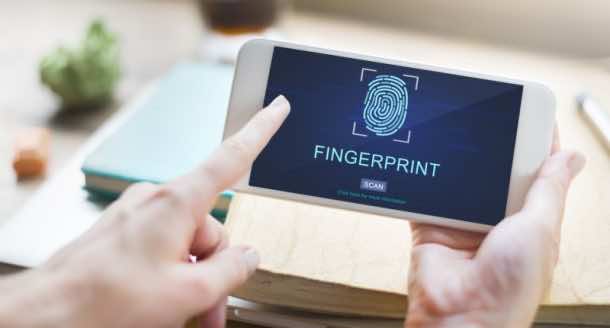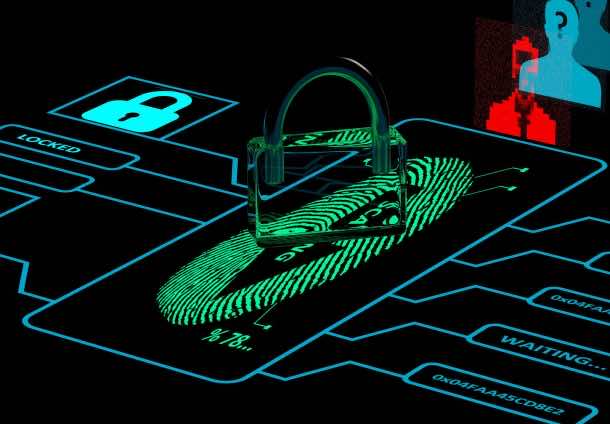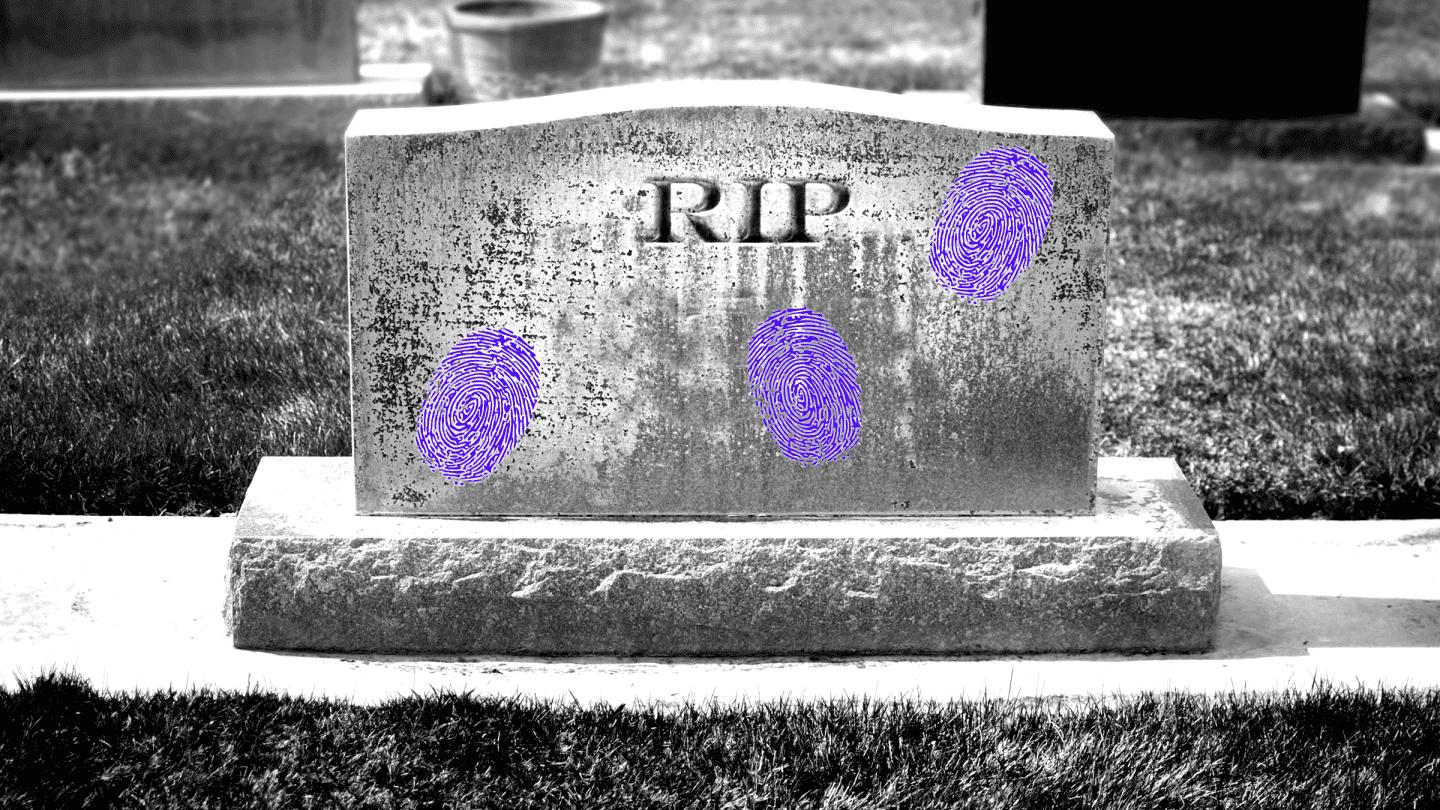Anil Jain is a computer science professor at the Michigan State University who is well known for his work on biometric identifiers like tattoo matching and facial recognition. Jain was approached by the law enforcing authorities to 3D-print the finger of a dead man, to gain access to his smartphone data.

The police are looking for clues to the suspected killer as foul play is suspected. The dead man was previously booked on a charge so the fingerprints of all his digits were available in the record.
Given the capacitive nature of the touchscreens that respond to the changes in voltage when live skin hits the screen surface, the 3D oriented digits have been coated with a thin metallic layer to create the same effect.

The use of the fingerprints of a dead person to gain access to the smartphone data circumvents the legal issues faced by the police to get the phone manufacturers to cooperate with breaking the phone codes. However, law researcher Bryan Choi believes that the case does not fit the privacy concerns since the access is being requested to the victim’s device, not the suspected murderer.
“The Fifth Amendment protects against self-incrimination. Here, the fingerprints are of the deceased victim, not the murder suspect. Obviously, the victim is not at risk of incrimination.”
This case puts forth two compelling questions: One, is it legal to force a person to unlock his smartphone if the data therein is incriminating? Two, does it not breach the privacy laws?

If Jain’s solution works, it will mark the first time when the 3D printed fingerprint of a dead person is used to unlock his own smartphone. However, another interesting fact is that some smartphones require a passcode if the phone has not been unlocked for more than 48 hours. It is very likely that police may be stalled by the passcode question after the fingerprint unlock.


